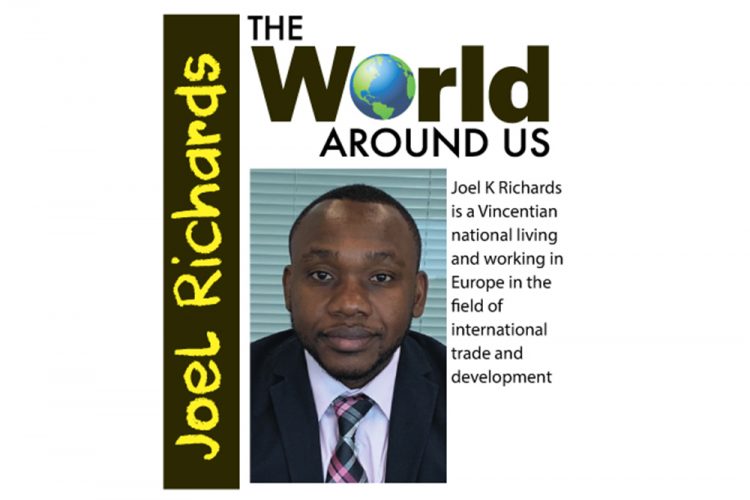Navigating Today’s Geopolitics

Geopolitics concerns the strategic implications of economics, politics, power and geographic space. Essentially, it helps us to better understand the world around us in terms of how countries interact with each other. This is important since a full appreciation of geopolitics at any moment in time can assist decision-makers to devise strategic courses of action to navigate the geopolitical landscape.
Geopolitics makes a number of claims or assumptions, two of which will be highlighted here.
First, it assumes that there is an international hierarchy among countries which is determined by countries that have power and those without it. The former countries occupy the top positions whilst the latter ones sit at the bottom. Second, it also assumes that power is transient meaning that there is no guarantee that those that hold it at any given moment in history will retain it permanently. To date, human history has demonstrated that empires rise, and they also fall.
Notwithstanding tensions between Russia and the West over the former’s invasion of Ukraine, which it refers to as a “special military operation,” the world’s largest geopolitical fault lines exist between the United States (US) and China. This rivalry, and its outcome, is likely to shape international affairs for much of the rest of the 21st century and even beyond. To understand this rivalry is to be prepared to deal with its consequences.
According to Kevin Rudd, former Australian Prime Minister, the US and China are almost certainly headed for a protracted period of sharp and militarily dangerous strategic rivalry.
However, Rudd is quick to point out that war between the two powers is not an inevitability.
Strategic rivalry between the US and China is evident in many parts of the world. In the Pacific, a diplomatic row recently erupted after China signed a security pact with the Solomon Islands.
The deal was signed in April 2022 and fuelled fears by the US and its allies Australia and New Zealand that China may seek to build a naval base in the Pacific nation.
Several Western countries are also alarmed by China’s strategic partnership with Russia following the latter’s invasion of Ukraine. In February 2022, Chinese leader Xi Jinping issued a statement outlining a “no limits” partnership with Russia.
Similarly, China has been equally concerned by the revival of American alliances in both the Pacific and the Atlantic. For instance, China views with deep suspicion the Quadrilateral Security Dialogue (Quad) – a strategic security dialogue between Australia, India, Japan, and the US. China has also expressed concern at the advent of a new security partnership between Australia, the US, and the United Kingdom (UK), known as AUKUS.
Most recently, US House of Representatives Speaker Nancy Pelosi’s rumoured plan for a trip to Taiwan has infuriated China, with the latter vowing “serious consequences” if Pelosi were to proceed with a visit to Taiwan in the coming weeks. Exactly what those consequences would be remains unclear.
Away from their manoeuvrings abroad, both the US and China also face grave problems at home. Internal political wranglings in America have the potential to do more damage than any foreign power can inflict. Economically, the US is facing its highest inflation levels in decades and increasingly, there is talk of a pending recession.
China also has serious problems at home to contend with. Strict lockdowns in some of its major cities to combat COVID-19 outbreaks have exacerbated economic problems which were already brewing. China’s property market is in decline; unemployment is growing; and its economy is growing at its slowest rate in decades. These developments put to pause suggestions about the near inevitability of China’s ascent to the top of the international geopolitical hierarchy.
Some of these global developments may seem remote, but ultimately, they will impact not just the foreign policy of smaller states, but the lives and livelihoods of their citizens also. Eventually, small states may be compelled to make difficult choices, such as whether and which side to choose.
Joel K Richards is a Vincentian national living and working in Europe in the field of international trade and development.
Email: joelkmrichards@gmail.com









